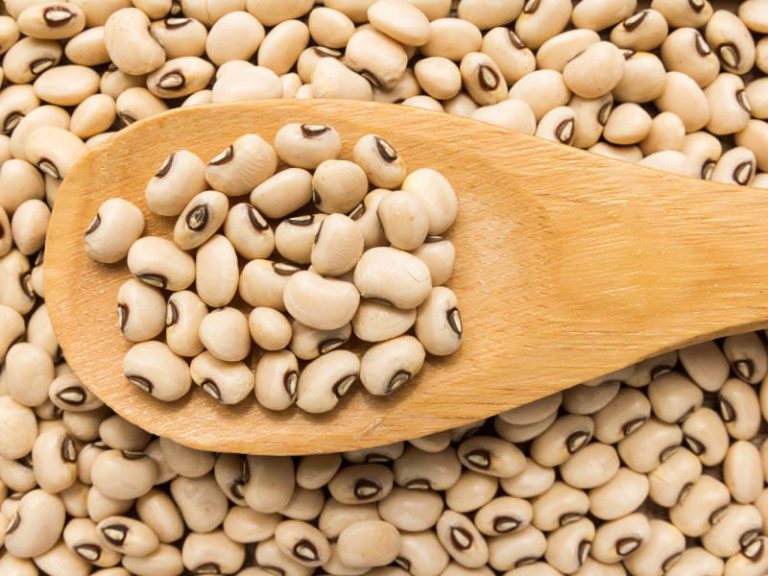Does low-carb diet increase risk of diabetes?
Does low-carb diet increase risk of diabetes?New analysis finds that animal-based, low-carbohydrate consuming was related to the next Kind 2 diabetes threat, whereas plant-based, low-carb consuming was related to a decrease diabetes threat. The analysis, not too long ago offered in Chicago on the American Coronary heart Affiliation’s Scientific Classes convention, is taken into account preliminary till revealed in a peer-reviewed journal.
“To stop the chance of Kind 2 diabetes for typically wholesome folks with out prediabetes or diabetes, the amount of carbs won’t matter as a lot as the standard of the protein, fat and carbs,” mentioned lead examine writer Yeli Wang, a analysis fellow within the division of diet on the Harvard T.H. Chan Faculty of Public Well being in Boston. “The secret is to concentrate to the standard of the meals.”
Low-carb diets are widespread as a result of analysis exhibits they’ll quickly scale back weight inside six to 12 months. Nonetheless, it is unclear why they’re so environment friendly at shedding kilos or how they have an effect on long-term well being. Diets that prohibit carbs improve fats and protein, and one principle is that this results in a sense of fullness, which helps scale back starvation. One other principle is that proscribing carbs will increase the physique’s metabolism and helps burn energy.
There are no less than a dozen widespread low-carb diets, together with the ketogenic weight-reduction plan – which severely restricts carbohydrates – and the Paleo weight-reduction plan, which emphasizes fruits, greens and lean meats and is modeled on meals that might have been obtainable to people throughout the Paleolithic Age. Some research have steered that very low-carb diets might enhance blood glucose ranges in folks with prediabetes or Kind 2 diabetes. However the variety of carbs consumed in these diets varies and the emphasis on consuming fat raises considerations about how the diets might have an effect on levels of cholesterol and coronary heart well being.
The brand new examine exhibits some low-carb diets could also be higher than others, mentioned Kristina Petersen, an assistant professor within the division of diet at Texas Tech College in Lubbock.
“There is not any customary definition for a low-carb weight-reduction plan,” mentioned Petersen, who was not concerned within the analysis. “At face worth, they do not meet dietary suggestions very effectively. What this examine exhibits is that maybe they’ll, we simply should be aware of what is in that weight-reduction plan.”
Within the examine, researchers investigated the hyperlink between low-carb consuming and the chances of creating Kind 2 diabetes, a serious threat issue for coronary heart illness and stroke. The evaluation used dietary and medical information for 203,541 adults from three massive nationwide research: the Nurses’ Well being Examine, Nurses’ Well being Examine II and the Well being Professionals Observe-Up Examine. The research collectively lined a interval from 1984 to 2017. Contributors crammed out questionnaires each 4 years concerning the meals they have been consuming and have been adopted for as much as 30 years. None had diabetes on the outset.
For the brand new examine, whether or not an individual’s weight-reduction plan was thought of low-carb was not outlined by the precise amount of carbohydrates they ate every day. As an alternative, researchers created a rating based mostly on the share of whole power every particular person acquired from their every day consumption of proteins, fat and carbohydrates.
Utilizing these scores, contributors have been divided into 5 equal teams. The bottom-carb group within the examine acquired about 40% of every day power from carbohydrates, Wang mentioned. (Against this, U.S. dietary guidelines suggest that carbohydrates account for 45%-65% of power consumption.)
To guage the standard of the diets, the meals folks ate have been categorized into 18 teams: complete grains, fruits, greens, nuts, legumes, vegetable oils, tea and occasional, fruit juices, refined grains, potatoes, sugar-sweetened drinks, sweets and desserts, animal fats, dairy, egg, fish or seafood, meat and miscellaneous animal-based meals.
The preliminary information exhibits that individuals within the lowest-carb group who acquired extra of their protein and fats from plant-based sources had a 6% decrease Kind 2 diabetes threat – and if their consuming additional minimized sugar and different refined carbohydrates, that they had a 15% decrease threat. Against this, the lowest-carb group consuming diets emphasizing animal protein and fats had a 35% larger threat of Kind 2 diabetes – and a 39% larger threat if their diets additionally minimized complete grains.
Wang mentioned one weak spot of the examine was that most people in it have been white.
“We wonder if our outcomes might be generalized to different ethnic teams,” she mentioned. “We have to have a look at that, in addition to individuals who persistently consumed very low-carb diets, such because the keto weight-reduction plan.”
The American Coronary heart Affiliation recommends consuming a weight-reduction plan that features all kinds of fruit and veggies and wholesome sources of protein, corresponding to fish and seafood, legumes and nuts, low-fat or nonfat dairy and lean meats. It encourages selecting minimally processed meals over ultra-processed meals, and limiting sugar, salt and alcohol.







